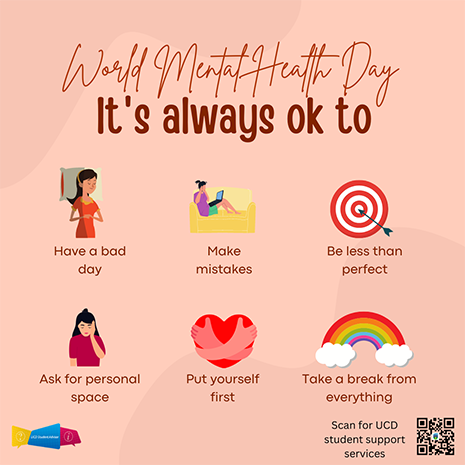Mental Health Expert Advocates for Decriminalization of Suicide on World Mental Health Day

On the occasion of World Mental Health Day, Dr. Adedotun Esan, a distinguished mental health expert and founder of the Mental Health Ditty Foundation, has issued a compelling plea to the Federal government of Nigeria. Her impassioned call is for the decriminalization of suicide and attempted suicide within the country. Dr. Esan asserts that individuals who grapple with thoughts of self-harm require assistance and support, not punitive measures that imprison them.
The Call for Compassion and Reform
Dr. Esan, speaking at the inaugural edition of the mental health symposium hosted by the Ditty Foundation, addressed the pressing issue of suicide criminalization in Nigeria. She highlighted the grim reality that, currently, attempted suicide is considered a crime in the country, carrying a one-year jail sentence.
She remarked, “We don’t want people to be criminalized for attempted suicide, but we need them to get help. In Nigeria, attempted suicide is a crime. If you try to kill yourself in Nigeria, you are going to be jailed for one year.”
Dr. Esan’s foundation has embarked on a campaign to drive the decriminalization of suicide attempts in Nigeria, emphasizing that the approach should focus on providing the necessary support and mental health assistance rather than incarceration.

A Vital Step Towards Suicide Prevention
The World Health Organization (WHO) reports that over 700,000 people worldwide take their own lives annually, and the act of criminalizing suicide only exacerbates the distress experienced by individuals in crisis. The decriminalization of suicide and suicide attempts is recognized as a crucial step that governments can take to advance their efforts in suicide prevention.
Integration of Mental Health Services
In addition to advocating for the decriminalization of suicide, Dr. Esan underscored the importance of integrating mental health services into Nigeria’s primary healthcare system. She emphasized that to make mental health services accessible and affordable to the population, increased funding and integration into primary health care are essential steps.
Dr. Esan expressed her satisfaction with the growing attention being given to mental health by the government, noting that Nigeria recently enacted a mental health act, a significant milestone in prioritizing mental health.
Challenging Biases and Promoting Inclusion
Dr. Motunrayo Oyelohunnu, a Consultant Psychiatrist, shared insights into the barriers and biases faced by individuals with mental health issues. She stressed the need for societal change, emphasizing that biases rooted in factors like race, origin, socioeconomic status, and disabilities can hinder empathy and understanding.
Dr. Oyelohunnu called upon the government to implement policies that foster inclusion and ensure that people, regardless of their mental health status, feel a sense of belonging in society. She emphasized that education, empathy, and exposure to diverse perspectives are key to breaking down barriers and promoting inclusivity.
In conclusion, addressing mental health challenges necessitates a multi-faceted approach that includes decriminalization, increased funding, and a shift in societal attitudes. By taking these steps, Nigeria can work toward a future where mental health is prioritized, and the well-being of all citizens is safeguarded.



